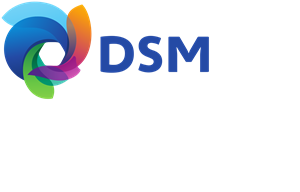Companies increasingly seek to be more sustainable, but many firms struggle to operationalize the concepts within their organizations and supply chain, or to translate theoretical concepts into practical value for themselves and their customers. Sustainability practitioners must not only help develop (i.e., design) and sell a sustainable product or service, but an entire mind-set, and where necessary, to devise changes in business models. In this course, students will gain knowledge and skills by working on a multinational company- sponsored project that seeks to bring a specific product to market. The client is from the agro-food industry, and requires a product concept incorporating their input ingredients that integrates sustainability with other product attributes. The course will guide students, working in teams, through the through a development process involving market and strategic assessment, positioning of the product (including its sustainability attributes), customer-centric design, and business model innovation. This will in turn lead students to develop value propositions and marketing, which will be presented in a final pitch session to the client’s representatives. The primary methodology will consist of design thinking techniques, which will be broadly used and adapted to the sustainability context. Phases of design include the understanding of candidate consumers’ (users’) needs by qualitative means, creation of basic product concepts and prototypes, and the testing and validation of prototypes with users. Implications will also be drawn for the client’s business model. Note that the course may be more time-intensive than a content-based or normal SMU-X course, as it centers on a project with a methodology (design thinking), but also involves content on sustainability and business, and involves some use of analytical techniques such as secondary market research.
By the end of this course, students will be able to:
- Describe the foundations of sustainability, including the Sustainable Development Goals
- Explain the drivers of, and barriers to, sustainability for corporations, both in Business-to-Consumer (B2C) and Business-to-Business (B2B) industries
- Describe sustainability attributes of different Asian markets, and make targeted market-entry recommendations for a specific product
- Explain a real-world supply chain and specific sustainability opportunities within
- Conduct thorough research on customers to understand their needs and pain points
- Segment customers according to needs, pain-points, and sustainability journeys
- Develop a value proposition, based on a platform of sustainability, for a selected customer segment
- Develop a marketing tool kit to help customers increase their onward sales

To increase the demand of Vitamin D enriched eggs, students proposed a communication toolkit for egg producers in various markets in Asia to illustrate to their suppliers and customers the goodness of such fortified produce, the sustainable impact and financial savings.